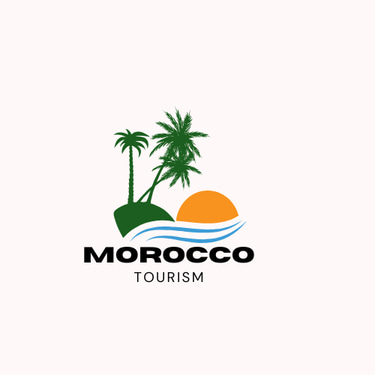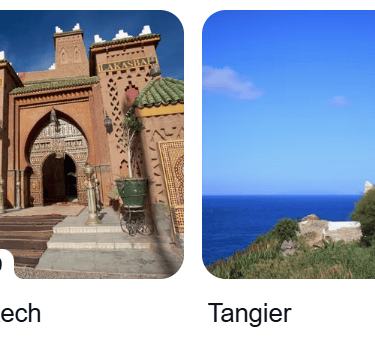Morocco, LAND OF WONDERS
Discover Morocco: An Authentic Travel Alternative
Explore why Morocco is the ideal choice for travelers seeking authentic experiences away from overcrowded tourist destinations. Immerse yourself in rich culture and breathtaking landscapes that make Morocco a unique travel gem.
By AKHRIF Naoufal
5/21/20258 min read


Overtourism is a phenomenon that significantly affects many destinations around the world, manifesting itself in an excessive influx of tourists. Iconic cities such as Venice in Italy and Barcelona in Spain are striking examples. In these places, the number of visitors far exceeds the capacity, impacting infrastructure, the quality of life of residents, and the preservation of local heritage.
The negative impacts of overtourism are numerous. First, local communities suffer from an increased cost of living, as the prices of goods and services often rise due to increased demand. This phenomenon can lead to a sense of alienation among residents, who see their city transformed into a tourism mill, often to the detriment of their quality of life. Second, the environment is harmed: overcrowding at certain natural sites leads to erosion, pollution, and the degradation of biodiversity. Fragile ecosystems are simply not designed to withstand such an influx of visitors. Finally, the tourist experience also suffers. When a site is overcrowded, it becomes difficult to fully enjoy the cultural and historical attractions it has to offer, which can lead to disappointment.
In the face of this growing problem, it is crucial to explore viable alternatives to destinations suffering from overtourism. Morocco presents itself as an attractive option, with its rich culture, diverse landscapes, and legendary hospitality. This destination offers an authentic tourist experience, away from the crowds, while having a positive impact on local communities. This encourages consideration of responsible travel choices that preserve both the environment and culture, while meeting the expectations of modern travelers.
Morocco: a country rich in cultural diversity
Morocco, located at the intersection of Africa and Europe, is a spectacular country boasting unparalleled cultural richness. Its cultural diversity is reflected in the many influences that have shaped the country over the centuries, including Arab, Berber, and Andalusian traditions. Each region of Morocco has its own cultural specificities, which are evident in its architecture, cuisine, and folk arts.
Moroccan traditions are steeped in a millennia-old history, reflected in the celebrations and festivals that punctuate the year. Among them, the Marrakech Comedy Festival showcases local comedic talent, while the Tan-Tan Moussem celebrates the customs of the Sahara's nomads. These festive occasions are not only an opportunity to experience a vibrant culture, but also to immerse yourself in Moroccan hospitality, renowned worldwide.
In addition to the festivities, Moroccan craftsmanship is a true treasure trove, a testament to the ancestral know-how of artisans. The vibrant souks of the medinas of Marrakech and Fez offer a multitude of handcrafted objects, ranging from hand-woven rugs to delicate pottery. These products, often made from local materials, are an invitation to understand the country's cultural heritage while supporting the local economy. Thus, visiting Morocco is not just about admiring the landscapes; it is also an immersion into a rich and fascinating cultural universe.
This country, free from the saturated tourist flows found in other destinations, represents a valuable alternative for those seeking an authentic experience. Morocco's cultural diversity offers a unique opportunity to discover practices and beliefs that continue to live on through the generations. In short, Morocco stands out as a must-see destination for culture lovers.
Varied and preserved landscapes
Morocco is distinguished by its geographical diversity, offering a range of breathtaking landscapes that attract travelers seeking authentic and unspoiled nature. From the golden beaches of the Atlantic to the majestic peaks of the Atlas Mountains, each region presents a unique setting, allowing visitors to discover the country's natural beauty away from the crowds.
Atlantic beaches, such as those in Essaouira, Dakhla, and Agadir, are ideal for surf lovers and those looking to relax. These unspoiled coastlines offer a seaside experience without the massive influx of tourists seen in other popular destinations. Visitors can enjoy a variety of water sports while enjoying a peaceful and relaxing environment.
Moving inland, the Atlas Mountains reveal breathtaking panoramas. Dotted with verdant valleys, crystal-clear rivers, and traditional Berber villages, this massif invites memorable hikes. Trails allow visitors to explore sites such as Mount Toubkal, the highest peak in North Africa, while remaining far from overtourist areas. Trekking in the heart of this region preserves an intimate connection with nature.
Finally, the Sahara Desert, with its rolling dunes and magnificent barren landscapes, offers an unparalleled experience of calm. Desert excursions allow visitors to discover not only the desert landscapes but also the culture of the nomadic people and the Sahrawi people. Starry skies and spectacular sunrises make the Sahara a privileged place for those seeking to recharge their batteries far from the hustle and bustle of traditional tourist destinations.
To explore the various destinations mentioned above, renting a vehicle is highly recommended. To do this, we invite you to discover the best car rental deals on DiscoverCars. The latter works with local agencies and generally manages to offer its customers the best value for money and find the lowest rates.
A delicious gastronomy to discover
Moroccan cuisine is renowned worldwide for its richness, diversity, and unique flavors. These are the result of a blend of Berber, Arabic, Andalusian, and Mediterranean influences. Spices play a central role in this cuisine, adding depth and character to a multitude of dishes. Signature blends, such as ras el-hanout, elevate each bite, making the culinary experience even more memorable.
Among the typical dishes, tagine and couscous stand out for their popularity and importance in Moroccan culture. Tagine, a slow-cooked dish cooked in a clay pot, offers an infinite variety of combinations, including meats, vegetables, and dried fruits, all flavored with captivating spices. Couscous, on the other hand, is often served on special occasions and is a must-have that enhances moments shared with friends and family. The preparation method, which requires time and patience, is a testament to the deep culinary tradition and respect for Moroccan know-how.
When visiting Morocco, travelers have the opportunity to savor these homemade dishes in authentic settings, far from crowded tourist restaurants. From small local stalls to guesthouses, each meal becomes an opportunity to experience Moroccan hospitality, often enhanced by rituals like sharing mint tea. The markets, or souks, also contribute to this culinary adventure, offering fresh produce and artisanal specialties that stimulate the senses. This gastronomic immersion not only allows you to appreciate Moroccan cuisine, but also to understand the country's culture and traditions.
Authentic and welcoming accommodation
Morocco, a popular destination for its cultural richness and diverse landscapes, boasts a range of authentic accommodations that appeal to travelers seeking an immersive experience. Among the most notable options, riads and guesthouses stand out for their traditional architecture and warm hospitality. These establishments, often located in less touristy areas, allow visitors to connect with the local culture and discover the true Moroccan spirit.
Riads, often hidden behind austere facades, offer a haven of tranquility. Featuring lush interior courtyards and meticulously decorated rooms, they allow travelers to immerse themselves in an intimate setting. Each riad tells a story through its decor, layout, and ambiance, creating a unique atmosphere. The owners of these establishments often go above and beyond to ensure guests feel at home, facilitating authentic and sincere interactions.
Similarly, lodges, which are often located in the countryside or traditional villages, offer a stay experience that emphasizes direct contact with local life. By staying in these homes, travelers have the opportunity to enjoy traditional cuisine prepared by their hosts and engage in cultural activities such as cooking classes or market visits. These experiences allow visitors to immerse themselves in Moroccan hospitality, often described as some of the warmest in the world.
By opting for authentic and welcoming accommodations, travelers in Morocco can avoid the hassles of overtourism while still experiencing unforgettable moments. Riads and guesthouses truly represent a wonderful alternative, offering a comfortable and enriching immersion in Moroccan culture.
Varied and immersive activities
Morocco offers a wealth of immersive activities that allow visitors to explore the country's rich culture and natural beauty while avoiding the negative effects of overtourism often seen in other attractive destinations. Among these experiences, excursions to the Sahara Desert stand out. Visitors can take camel rides through the golden dunes, experience the magic of Moroccan sunsets, or spend the night under a starry sky in traditional Berber camps. These experiences offer an authentic connection to the environment while avoiding the crowds of highly touristy areas.
Morocco is also the ideal starting point for many spectacular hikes. The Atlas Mountains, for example, are full of magnificent trails suitable for both experienced and novice hikers. Visitors can discover picturesque Berber villages, meet welcoming locals, and admire breathtaking scenery, all without the pressure of crowded places. These hikes are not only beneficial for discovering the local flora and fauna, but also for immersing themselves in Moroccan culture.
Finally, Morocco's coastline also offers a variety of water activities. From sailing to windsurfing to surfing, unspoiled beaches such as those in Taghazout and Essaouira provide a space to relax and have fun without the hustle and bustle often associated with crowded resorts. These water activities foster a greater appreciation of the country's natural beauty while ensuring visitors have an enriching experience far removed from overtourism.
A commitment to sustainable tourism
Morocco, rich in cultural and natural diversity, is increasingly establishing itself as a preferred destination for travelers who wish to explore less-visited destinations while respecting the environment. The country has taken significant steps to promote sustainable tourism, demonstrating its commitment to preserving nature and improving the living conditions of local communities.
To address the challenges of overtourism, the Moroccan government, in partnership with various non-governmental organizations, has implemented initiatives aimed at encouraging responsible travel practices. These efforts include the promotion of eco-tourism, which allows visitors to experience the country's spectacular landscapes while minimizing their environmental impact. Projects such as the creation of national parks and the restoration of threatened ecosystems are testament to this proactive approach.
Additionally, local stakeholders, such as artisans and farmers, are often integrated into the tourism process, strengthening the local economy and promoting authentic cultural exchange. Visitors then have the opportunity to discover artisanal products, taste traditional dishes, and participate in activities that support Morocco's cultural emotions. This helps foster a more balanced relationship between tourists and locals.
Responsible tourism is thus becoming a priority for many travelers. By choosing Morocco as a destination, they support environmentally friendly initiatives and initiatives that directly benefit local communities. This demonstrates that tourism can be a positive force, stimulating sustainable development while providing unforgettable experiences. Continued efforts to promote responsible tourism in Morocco highlight the country's desire to become an example of sustainability in the travel industry.
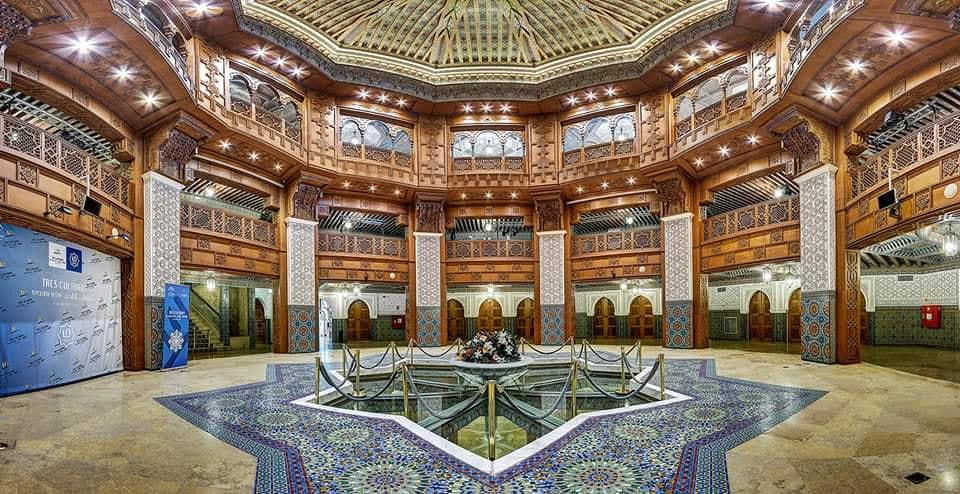

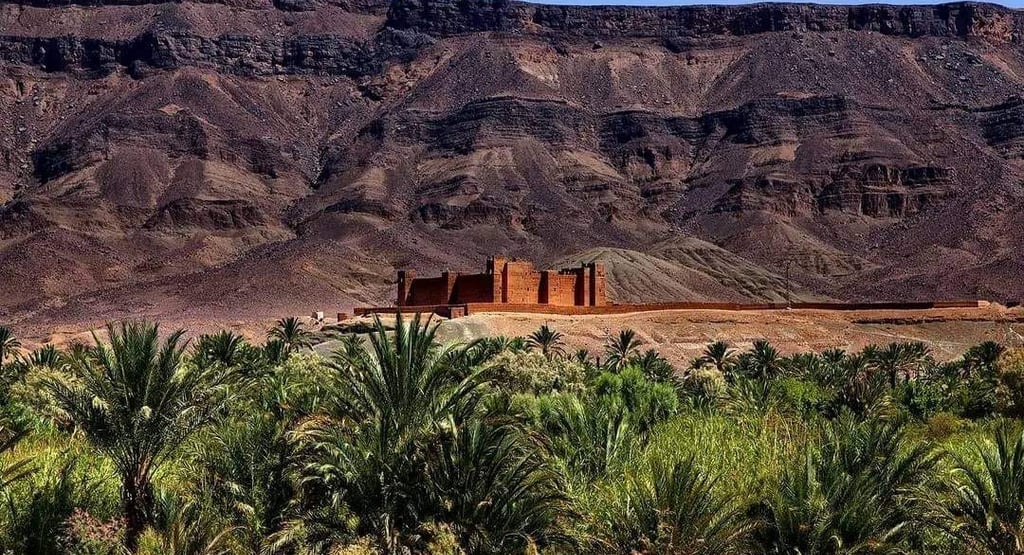

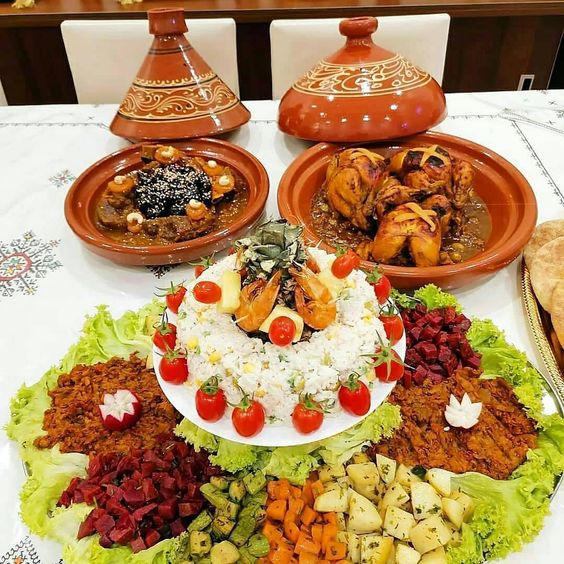

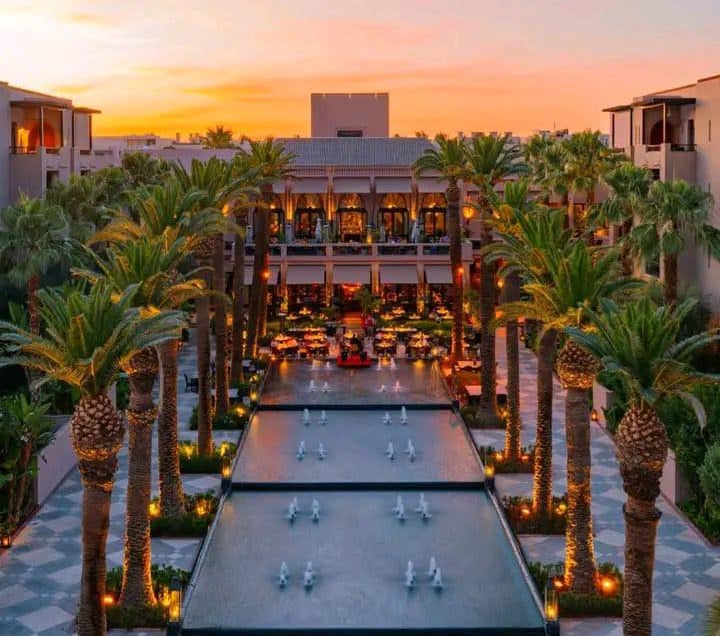

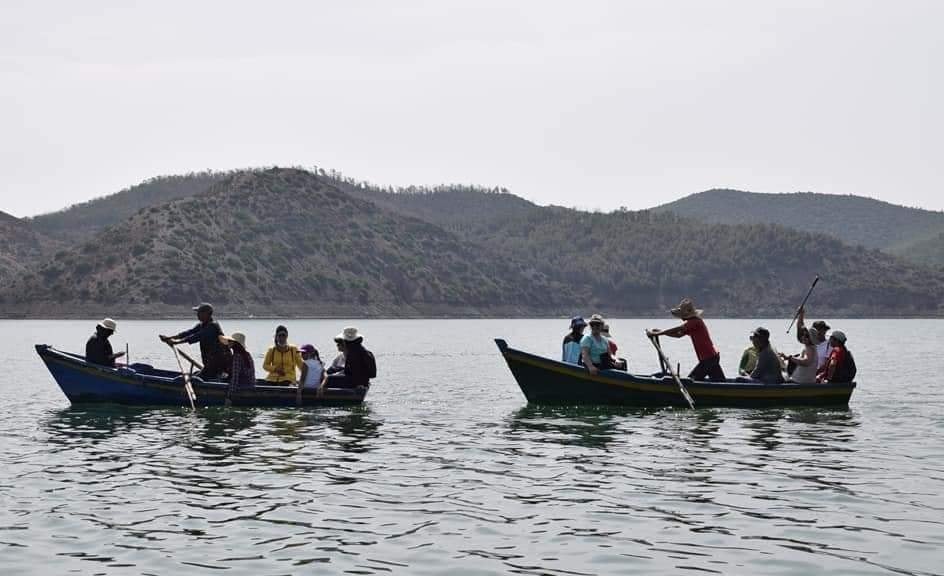

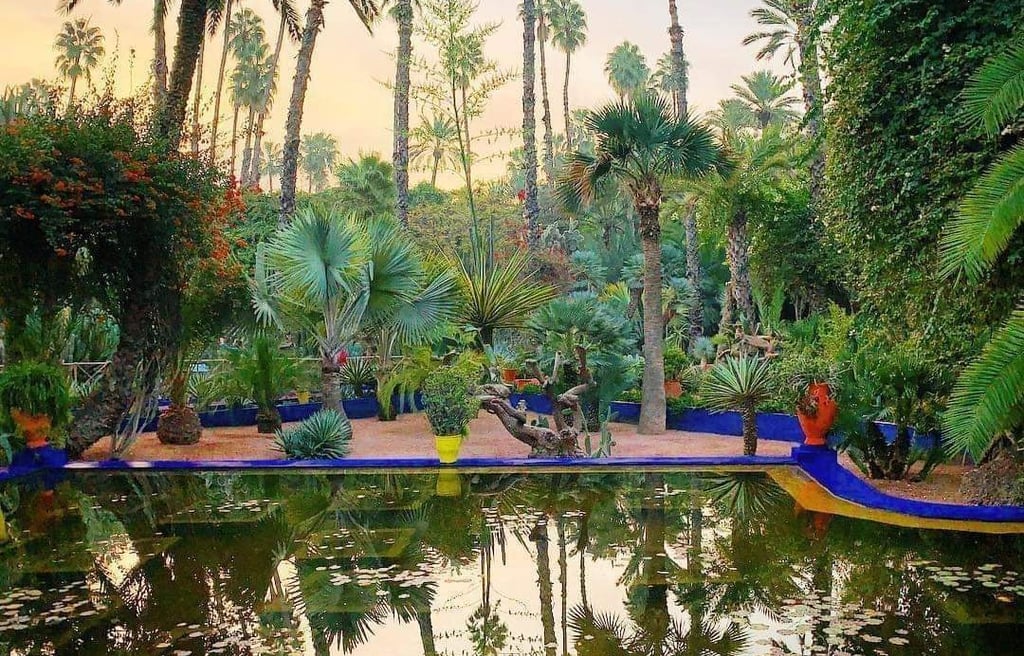

Laissez - nous un commentaire :
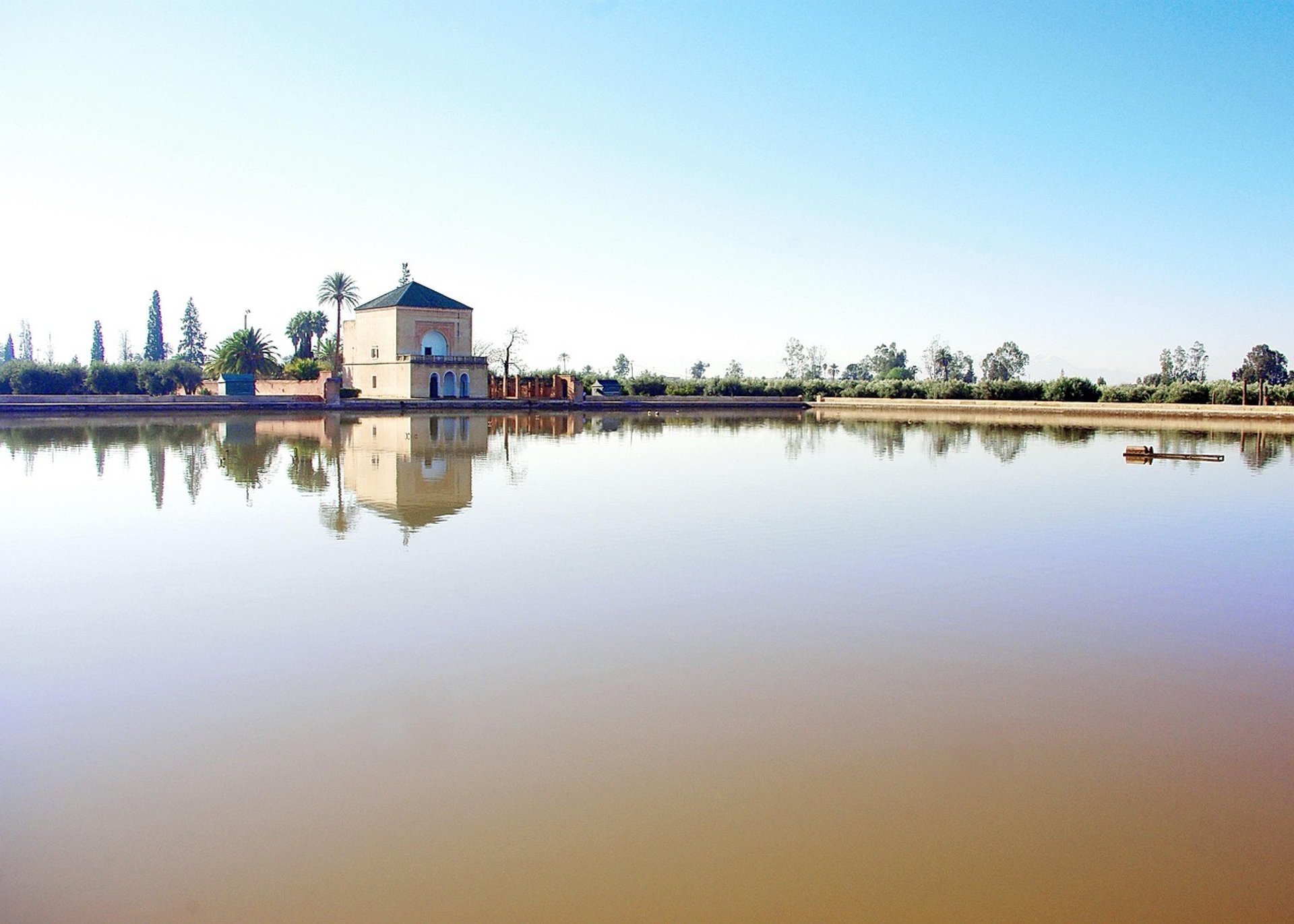
The best hotel deals in MOROCCO at low prices
Plan your trip with our partners in Morocco and benefit from the best rates
Transportation
Accomodation & Stays
On - site Services
About us
Legal notices
Privacy Policy
Terms and Conditions of Sale
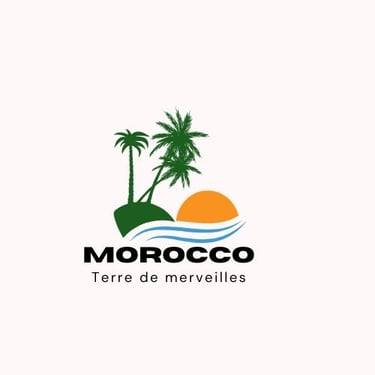

Follow us on :
Complete travel guides
© 2025 Morocco Terre de Merveilles
